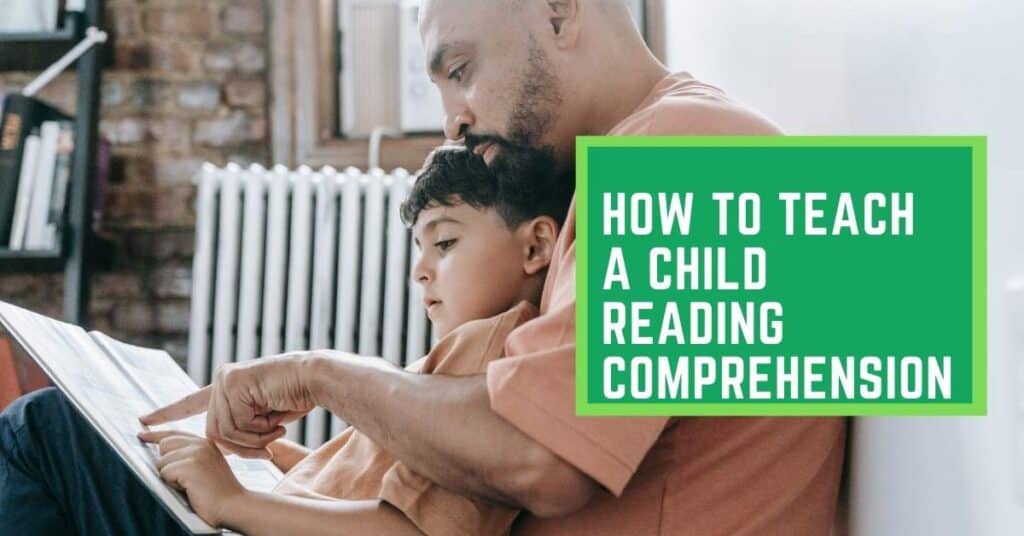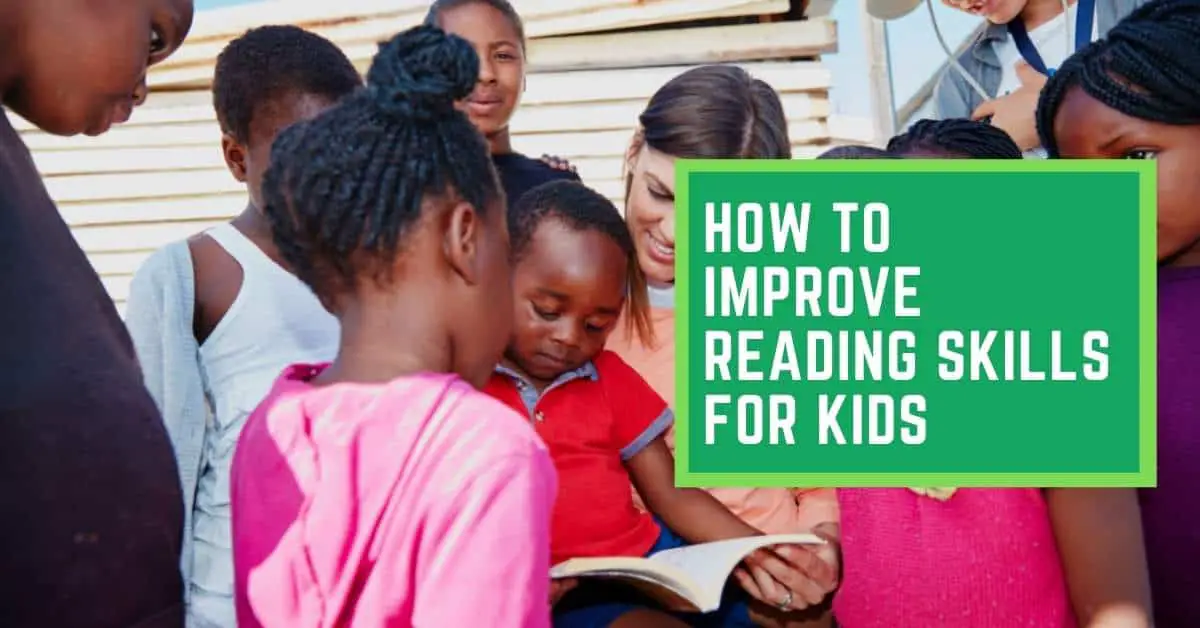Most parents want their children to be able to read and understand what they read. Reading comprehension is a critical skill for success in school and life.
There are a number of things that parents can do to help their children develop this important skill. This article will look at a few of the most effective ways to teach a child reading comprehension.
One of the best ways to help a child improve their reading comprehension is to read aloud to them on a regular basis. This allows you to hear how words are pronounced and see how they are used in context. It also helps to increase their vocabulary.
It is also important to encourage your child to ask questions when they are reading. This will help them to understand better what they are reading and remember it better. You can also ask them questions about the story after they have finished reading it.
Another way to help your child improve their reading comprehension is to have them read aloud to you. This gives you the opportunity to see how well they understand what they are reading and offer feedback.
Finally, it is important to provide your child with plenty of opportunities to practice their reading skills. You can do this by having them read aloud to you regularly, taking them to the library, or having them read books that interest them. With practice, they will gradually improve their reading comprehension skills.
You can help your child develop strong reading comprehension skills by following these tips. Let’s go into detail on this subject to see how further can we improve the reading comprehension skills of children.
What is Reading Comprehension?
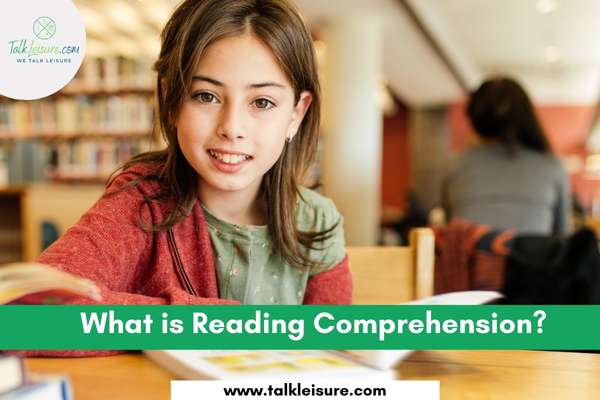
Reading comprehension is the ability to read and understand written text. It is a fundamental skill necessary for success in school and the workplace.
There are a number of factors that contribute to reading comprehension. These include vocabulary, word recognition, background knowledge, and motivation.
Vocabulary is perhaps the most important factor in reading comprehension. A reader who knows more words will be able to understand more of what they read. Word recognition is also important. Readers who can quickly and easily recognize words are more likely to understand what they read.
Background knowledge is another important factor in reading comprehension. Readers who have prior knowledge about a topic are more likely to understand new information about that topic. Finally, motivation is key. Readers who are motivated to understand what they read are more likely to be successful.
There are a number of strategies that can be used to improve reading comprehension. These include pre-reading activities, active reading, and post-reading activities.
Pre-reading activities help to prepare readers for what they are about to read. They can include things such as previewing the text, looking at pictures and making predictions.
Active reading is a technique that involves using techniques such as underlining, highlighting, and taking notes while reading. This helps readers to focus and pay attention to the text.
Post-reading activities can include things such as summarizing, discussing and answering questions. These activities help to reinforce what has been read and can aid in understanding.
Tips to Teach Reading Comprehension
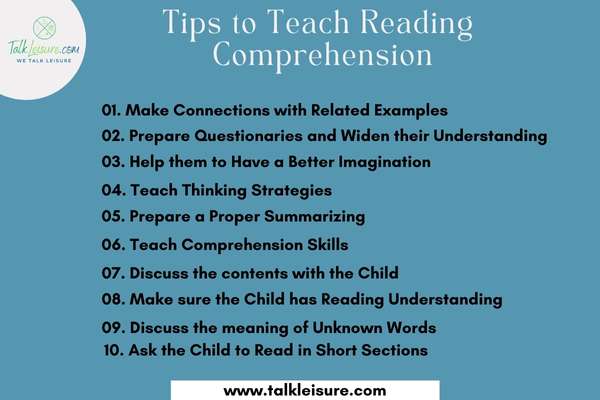
01. Make Connections with Related Examples
Related examples help readers make connections between the new information and their prior knowledge, which in turn improves comprehension.
For example, imagine you’re reading a history article about World War II. If the article includes a mention of Franklin Roosevelt, it would be helpful to include a related example of one of his speeches or policies to help readers make the connection between Roosevelt and World War II.
This is especially important for readers who are not familiar with American history and who may not have any preexisting knowledge of Roosevelt.
Including related examples helps build a bridge between the new information and what readers already know, which in turn makes it easier for them to understand and remember the new information.
02. Prepare Questionaries and Widen their Understanding

It can be very difficult to improve reading comprehension skills on your own. However, there are some things you can do to help yourself become a better reader.
One helpful activity is to prepare questionnaires about the material you’re reading. Answering questions about what you’ve read will force you to closely engage with the text and think about what it means.
This will help you better understand and remember the information. Additionally, trying different types of reading material can also help improve your comprehension skills.
So don’t limit yourself to just textbooks or novels – try articles, websites, comics, etc. The more variety you have in your reading, the better.
03. Help them to Have a Better Imagination
Developing a child’s imagination can definitely help improve their reading comprehension skills. When kids are able to imagine the events and scenes in a story, they are better able to understand and remember what they read.
Additionally, using imagination while reading can also make the experience more enjoyable for kids, helping them to want to read more often.
There are lots of ways that parents and caregivers can help kids develop their imaginations. One way is by reading aloud to them and encouraging them to use their imaginations while listening.
You can also provide opportunities for open-ended play, where kids can create their own stories and worlds. And finally, simply talking with kids about their daydreams and fantasies can encourage them to use their imaginations more often.
04. Teach Thinking Strategies

A lot of research suggests that teaching thinking strategies can help improve reading comprehension.
For example, one study found that students who were taught how to generate questions while reading had better comprehension than students who were not taught this strategy.
Teaching thinking strategies can help scaffold the reading process and make it more accessible for struggling readers. It can also support all readers in making sense of complex texts.
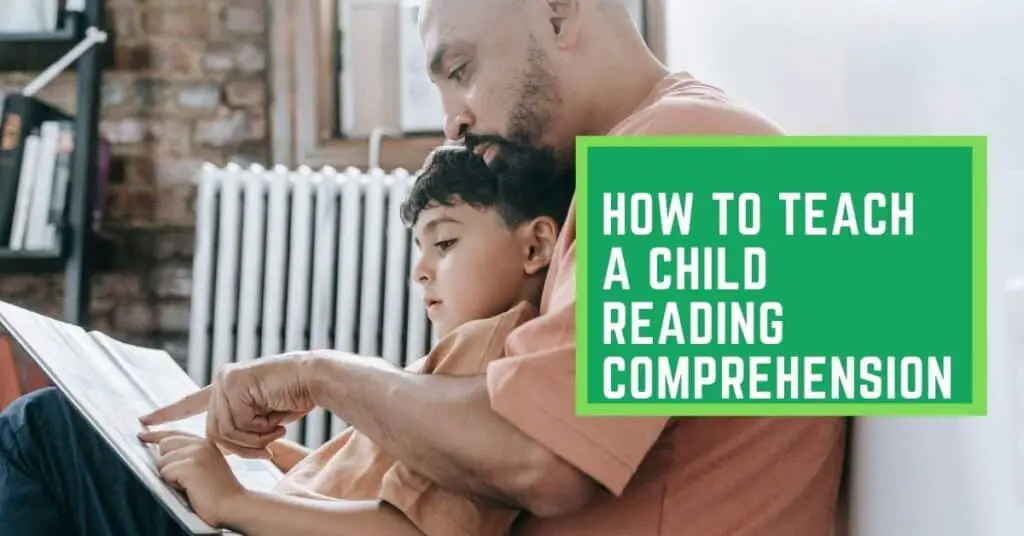
05. Prepare a Proper Summarizing
Summarizing helps kids improve reading comprehension because it helps them focus on the most important ideas in a text and understand how those ideas are related.
When kids summarize a text, they learn to identify the main points and see relationships between ideas and develop an understanding of the author’s argument or purpose. In addition, summarizing can help kids better remember what they read.
Summarizing is one of many useful reading comprehension strategies that kids can use to make sense of texts.
Other strategies include asking questions about a text, making connections between the text and their own experiences, and predicting what might happen next in a story.
All of these strategies work together to help kids build a deeper understanding of what they read.
06. Teach Comprehension Skills

Yes, teaching comprehension skills can help improve reading comprehension. By introducing different strategies and breaking down the process of comprehending what is read, students can better understand how to approach reading material.
Additionally, modelling active reading behaviours and providing practice opportunities can also be beneficial. Although some kids may have a natural knack for understanding text, many others need explicit instruction to learn these essential skills.
07. Discuss the contents with the Child
Discussing the reading contents with kids can help to improve reading comprehension. It allows them to ask questions and express their ideas, which can lead to a better understanding of the text.
Furthermore, it gives them a chance to practice articulating their thoughts and improving their communication skills. Lastly, it exposes them to different ways of thinking about the same topic, which can broaden their perspective and enrich their learning experience.
Therefore, encouraged all parents to have regular discussions with their kids about the book they are reading!
08. Make sure the Child has Reading Understanding
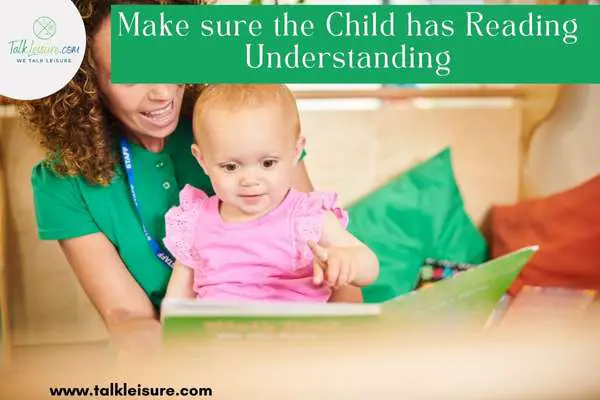
This is a key thing that you can do to help your child improve their reading comprehension. It’s to make sure that your child is reading material that is at their level.
If they’re struggling to understand what they’re reading, they’ll be less likely to comprehend it fully. Instead, look for books, articles, or other resources that are geared towards their level of understanding.
09. Discuss the meaning of Unknown Words
There’s no doubt that unknown words can trip up kids when they’re trying to read. But did you know that encountering unknown words helps improve reading comprehension?
Studies have shown that when readers come across an unfamiliar word, their brains work harder to try to figure out its meaning. This extra effort results in increased comprehension and a better understanding of the text as a whole.
In other words, those occasional stumbling blocks can be beneficial for kids’ reading development! So next time your child comes across an unrecognizable word, help them out by having them sound it out or look it up in a dictionary.
Then chat about what the word means and how it fits into the story. By taking this approach, you can turn an obstacle into an opportunity for learning.
10. Ask the Child to Read in Short Sections
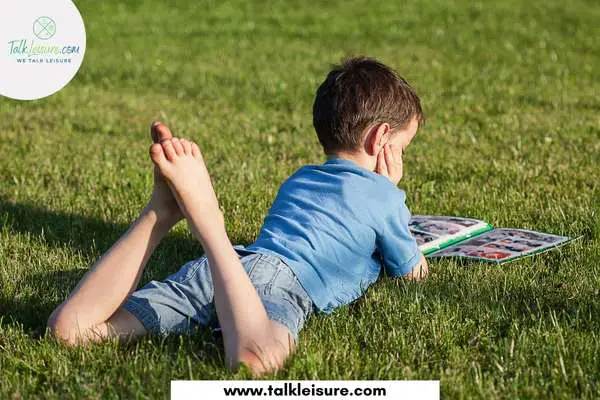
Reading short sections helps kids to improve reading comprehension. When kids are first learning to read, they can get overwhelmed by long passages.
Breaking up the text into shorter sections helps them focus on smaller amounts of information and makes it simpler for them to understand what they’re reading.
Additionally, this strategy can help kids identify main ideas and key details more easily. As they become more proficient readers, they can start reading longer sections with increased understanding and fluency.
Visual Explanations
i. How to Teach Reading Comprehension:
ii. How to Teach a Child to Read:

